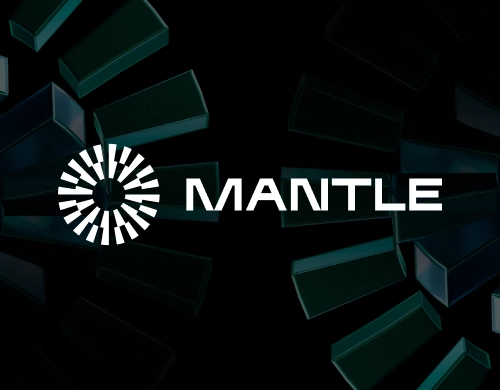How to Stake Shiba Inu
In this guide, we outline the best way to stake Shiba Inu (SHIB) tokens to earn yield. Find the best interest rates on centralized and decentralized exchanges.
Summary: The best way to stake Shiba Inu will depend on your expertise as a Crypto user. For advanced investors comfortable navigating DeFi, we recommend providing liquidity to a DEX pair like SHIB/ETH on a platform like Uniswap. You can compare the best rates on Defillama here.
For beginners, we recommend using a centralized platform like Bybit, which allows you to easily stake to earn yield on your SHIB tokens. You can continue reading to learn more about the pros and cons of each method.
Get the daily newsletter keeping 200,000 investors ahead of the market.
What is Shiba Staking?
Shiba Staking involves locking Shiba Inu (SHIB) tokens in a wallet or staking platform to earn rewards or passive income. Users stake their SHIB tokens on decentralized finance (DeFi) platforms like ShibaSwap or centralized exchanges to support blockchain operations and receive rewards, typically in the form of additional tokens. It's important to understand the risks and potential rewards, as staking often requires token lock-up, and the value of tokens may fluctuate during that time.
How to Stake Shiba Inu on a DEX
Staking Shiba Inu on a decentralized exchange like Uniswap is the best and highest ROI way to earn yield on your SHIB tokens. With this method, investors can add liquidity to a pool of SHIB/ETH to earn fees when users trade tokens. At time of writing, the SHIB/WETH pool on Uniswap V2 is currently yielding 22.85%.
You can use a platform like Defillama to compare all yield farming opportunities using the SHIB token on Ethereum mainnet. It is important to note that this method is difficult and only recommended for advanced investors. If you are interested, you can add liquidity here.
.webp)
How to Stake Shiba Inu on a CEX
Staking Shiba Inu on a centralized exchange is the simplest way for beginner investors to earn yield. Unlike DEXs, which require users to provide liquidity to pools, all you need to do is transfer your SHIB tokens onto an exchange like Bybit and stake them. This will allow you to earn interest on your tokens with no additional effort.
At time of writing, Bybit is offering 0.55% APR for staking SHIB tokens. This is significantly less than using the DEX method mentioned above, however comes with much less risk and no impermanent loss.
.webp)
What are the Benefits of Staking Shiba Inu
Staking Shiba Inu (SHIB) tokens involves holding a certain amount of the cryptocurrency in a wallet for a specific period of time. By doing so, stakers can reap several benefits including:
- Earning passive income: Staking allows holders to earn rewards in the form of additional SHIB tokens.
- Influencing network decisions: Stakers have a say in the governance of the Shiba Inu network through voting on proposals.
- Increasing token value: By staking and helping to secure the network, holders can contribute to increased demand for SHIB, which can drive up its value.
- Access to special features: Staking can also give holders access to exclusive features and benefits on the Shiba Inu platform.
What are the Risks of Staking Shiba Inu
Staking Shiba Inu, like any other investment, carries certain risks. These include:
- Market volatility: The cryptocurrency market is highly volatile, and the value of SHIB can fluctuate rapidly, which could result in losses for stakers.
- Security risks: Staked tokens are stored in a wallet, which could be vulnerable to hacking or other security breaches. Stakers need to ensure the safety of their wallets to avoid losing their tokens.
- Smart contract risks: The underlying smart contract that powers the DEX platform may have technical or programming issues, which could result in stakers losing their staked tokens.
- Market competition: The cryptocurrency market is highly competitive, and new projects and tokens may emerge that offer better returns, which could lead to a decrease in demand for SHIB.
It's important to note that staking any cryptocurrency involves taking on risk and there is no guarantee of returns. Before staking, it is recommended to thoroughly research and understand the risks involved, as well as to consult with a financial advisor if necessary.
The Bottom Line
In conclusion, staking Shiba Inu offers various ways for investors to earn passive income, depending on their expertise. Advanced users can opt for DeFi platforms like Uniswap, while beginners may prefer centralized platforms like Bybit.
While staking can yield rewards and provide influence in network decisions, it also carries risks such as market volatility, security threats, and smart contract vulnerabilities. Thorough research and understanding of the risks involved, along with expert advice, can help investors make informed decisions on the best approach for staking their SHIB tokens.





